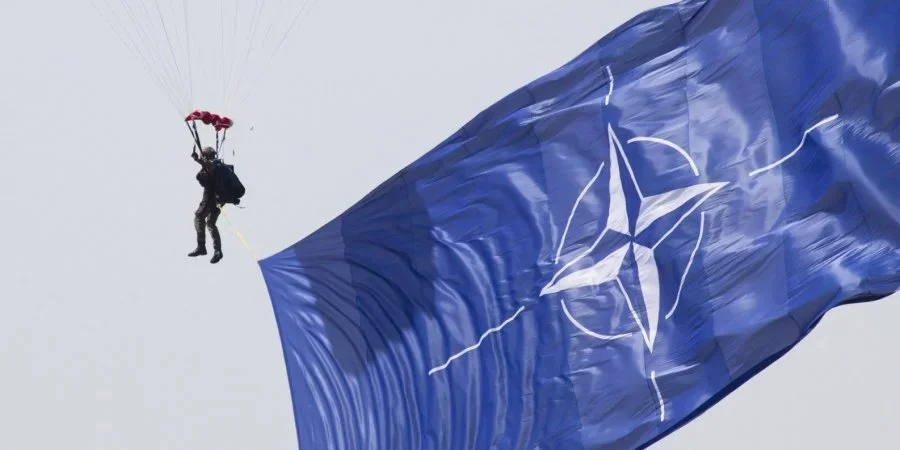‘Extended Deterrence’ Pushes Japan Farther down the Wrong Path
Japanese actions during recent meetings such as the U.S.-Japan Security Consultative Committee "2+2" meeting and the extended deterrence ministerial meeting have triggered significant concerns in the region. Many Japanese people have protested that the government's moves are fanning the flames and going farther and farther down the wrong path toward war.
Among Japan's reckless activity, the most questionable is strengthening "extended deterrence" with the United States. Extended deterrence is a Cold War-era concept and refers to the U.S. commitment to use military force, including nuclear weapons, to protect its allies. U.S. and Japanese diplomatic and defense departments have been holding working-level discussions of this issue since 2010 and this year established a separate ministerial structure. At the first extended deterrence ministerial meeting held recently, the U.S. and Japan affirmed the importance of sharing the U.S. nuclear umbrella. To outside observers, Japan’s move violates the obligations of non-nuclear-weapon states under the Treaty on the Non-Proliferation of Nuclear Weapons, will increase the risk of nuclear proliferation and conflict and further escalate tensions in the region.
Ironically, Japan has long portrayed itself as a victim of nuclear attack, advocating for a world without nuclear weapons, yet in reality it has said one thing but done another by continuing to increase its dependence on the U.S. nuclear arsenal. In May 2023, the Japanese government announced the "Hiroshima Vision," focusing on nuclear disarmament, but has made no concrete progress since. Japan's recent reinforcement of extended deterrence violates a commitment to its own "Three Non-Nuclear Principles" and shows that it seeks more protection under the U.S. nuclear umbrella. But is the United States really reliable? Analysts have pointed out that America's so-called extended deterrence is about strengthening its own global military hegemony and boosting its leverage with other countries. This significantly increases Japan's risk of being drawn into war, even nuclear war. In other words, the U.S. nuclear umbrella brings danger, not security, to Japan.
However, some Japanese politicians, brainwashed by militarism, ignore the voice of reason and are obsessed with strengthening the military. On this occasion, with active efforts from Japan, the U.S. and Japan agreed at the "2+2" meeting to upgrade their military alliance. This includes the U.S. restructuring its forces in Japan and the establishment of a new Joint Forces Command. The Japan Self-Defense Forces will establish a Joint Operations Command by spring 2025 to integrate the operations of its land, sea and air forces. By upgrading the alliance's command structure, Japan is demonstrating that it seeks to make more use of U.S. military power to enhance its security status in the region and around the world. Its ambitions for military expansion are clear.
It is worth noting that while the U.S.-Japan alliance hangs onto Cold War thinking, by carrying out small circle bloc activities and increasing the risk of nuclear proliferation, it is simultaneously attacking China’s ongoing rapid expansion of its nuclear arsenal. It is an attempt to mislead and obscure its own impact on international security. However it is obvious to the world that China has long pursued a no-first-use nuclear policy and stuck to a strategy of nuclear self-defense. It has always maintained its nuclear forces at the lowest level needed for national security and not engaged in an arms race. By contrast, Japan has repeatedly violated the restrictions in its post-war peace constitution, trying to achieve military freedom through dependence on the U.S. and repeating the mistakes of militarism. Such regressive behavior not only betrays the pursuit of human peace but also overlooks the lessons of history.
Under Article 9 of Japan's peace constitution, Japan clearly renounces the right to wage war and agrees to follow the path of peaceful development. As a defeated nation in World War II, Japan should reflect deeply on the lessons from history, not seek any kind of nuclear weapons in any form and avoid going farther and farther down the wrong path of military expansion. Otherwise it may once again gamble with its country’s fate.


